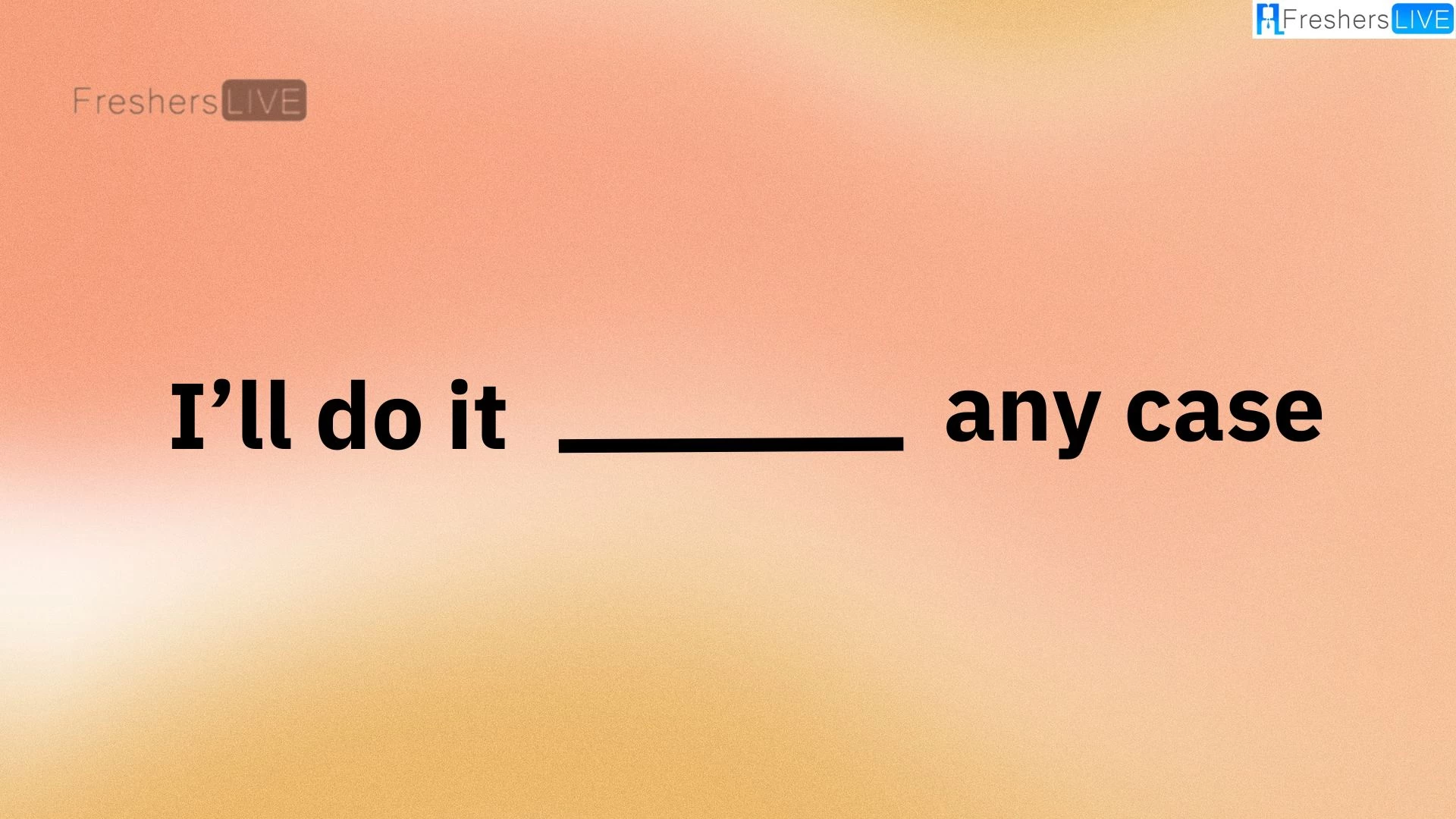Can you solve the grammar challenge using the three questions in this puzzle?
Explore the world of grammar puzzles. These puzzles present situations where you need to use your grammar skills and creative thinking. They keep your mind active and can even help reduce stress. There are a variety of grammar challenges to enjoy, including the one that follows.
- Observation Brain Challenge: If you have Eagle Eyes Find the number 98 in 12 Secs
- Brain Teaser IQ Test For Genius Minds
- Observation Brain Test: If you have Eagle Eyes Find the Word Lot among Lat in 13 Secs
- Brain Teaser Math Test: Fix 6-5=4 Move 1 Matchstick to Fix the Equation by 30 Secs | Matchstick Puzzle
- Observation Brain Challenge: If you have Keen Eyes Find the Number 801 in 15 Secs
This challenge can be a little tricky, but is perfect for those who are really good at grammar and noticing small details. When you get good at this type of puzzle, it’s not just about having fun, it also gives you skills that will help you in many aspects of your life. Although the puzzle may seem difficult at first, your goal is to find a solution that follows the rules of grammar precisely and reveals the secrets of the puzzle. The next section explains this syntax dilemma in detail and shows you how to solve it.
You are watching: Can You Solve The Grammar Challenge with Only Three Questions in This Puzzle?
Get ready for an extraordinary psychological adventure on NEWSTARS Education! Immerse yourself in mind-bending brain teasers and push the boundaries of your perception with our wide variety of challenges.
1. I will do it no matter what
The word “in” is used in the sentence “I will do it anyway” to express the conditions or circumstances under which an action is performed. In this case, it shows that the speaker is willing to do something regardless of the situation or circumstance. Grammatically speaking, “in” is a preposition. Prepositions are words that express relationships between other words in a sentence. In this sentence, “in” represents the relationship between the action “do it” and the condition or situation “any case”.

2.I saw you ____ laughing at her
The word “haven’t” is used in the sentence “I see you haven’t laughed at her yet”, indicating that the action of laughing at her has not happened or has not happened so far. Grammatically speaking, “have not” is the abbreviation of “have not”. It is used here to form the present perfect tense, indicating that the action (laughing at her) is in the past, but is connected to the present. Simply put, this sentence means that the speaker observes that the person they are talking to has not laughed at her so far.

3. He ____ professional English
See more : Brain Teaser: 9-0=5 Remove 1 Stick To Fix The Equation | Matchstick Puzzles
The phrase “has taught” used in the sentence “He teaches English professionally” means that someone (presumably “he”) is already involved in the activity of teaching English as a profession. Grammatically, “taught” is formed using the present perfect tense. “Has” is the third person singular form of the auxiliary verb “have”, and “taught” is the past participle form of the verb “teach”. When combined together, they form the present perfect tense, which is used to describe actions or experiences that relate to the present, even if they occurred in the past.

Solve the equation 240 ÷ 10 + 9 x 3 – 48 ÷ 6=?
To solve this calculation, follow the order of operations. Division and multiplication proceed from left to right: 240 ÷ 10 equals 24, and 48 ÷ 6 equals 8. The equation becomes 24 + 9 x 3 – 8. Now, multiply, add and subtract from left to right: 9 x 3 equals 27, and 24 + 27 equals 51. Therefore, the solution is 51.
trend
Find the result of 216 ÷ 12 + 8 x 4 – 42 ÷ 6=?
For this problem, apply the order of operations. Division and multiplication proceed from left to right: 216 ÷ 12 equals 18, and 42 ÷ 6 equals 7. The equation becomes 18 + 8 x 4 – 7. Next, multiply, add and subtract from left to right: 8 x 4 equals 32, and 18 + 32 equals 50. Therefore, the answer is 50.
Disclaimer: The above information is for general information purposes only. All information on this website is provided in good faith, but we make no representations or warranties, express or implied, as to the accuracy, adequacy, validity, reliability, availability or completeness of any information on this website.
Source: https://truongnguyenbinhkhiem.edu.vn
Category: Brain Teaser
